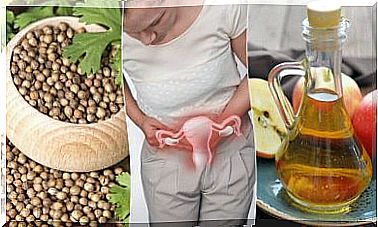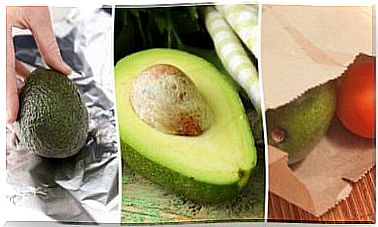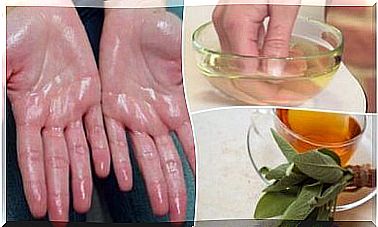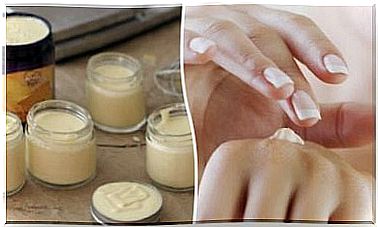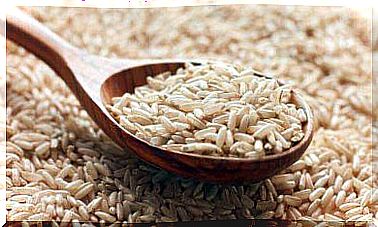Thyroid Inflammation: Types And Treatment – Thyroiditis
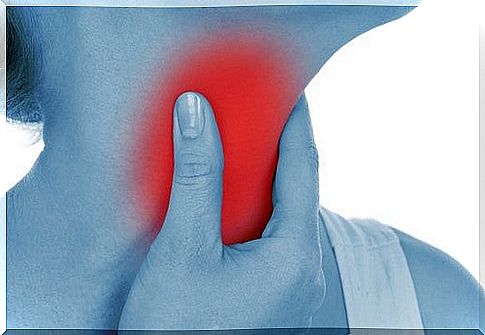
Thyroiditis is the medical term for inflammation of the thyroid gland. There are several types of thyroid inflammation and the treatment differs per type.
Located in the neck , the thyroid gland produces hormones that regulate metabolism, heart rate, and cell growth rate. An inflamed thyroid produces either too much of these important hormones (hyperthyroidism) or too little (hypothyroidism).
Treating Thyroid Inflammation
The specific treatment of thyroid inflammation depends on the type that has been diagnosed. However, most treatments are aimed at inhibiting inflammation using counteracting drugs.
The drugs that fight thyroid inflammation can include drugs like aspirin or ibuprofen, as well as thyroid hormone medications, etc.
In Chinese medicine, herbs such as ginseng, ginger or mint are often used . These herbs have proven good effects on a thyroid that is out of balance.
For a thyroid that works too slowly, Indian ginseng and guggul can help stimulate the production of hormones. Menopausal women are advised to use maca.
The thyroid gland needs iodine to make thyroid hormones. A healthy and balanced diet should provide the body with adequate iodine, but in certain cases supplements may need to be used. Since iodine is mainly found in fish, dairy products and meat and poultry, some vegan or vegetarian diets do not provide the body with enough iodine. To make sure you get enough iodine, it is wise to eat sea salt with iodine or a product such as seaweed.
Types of Thyroid Inflammation
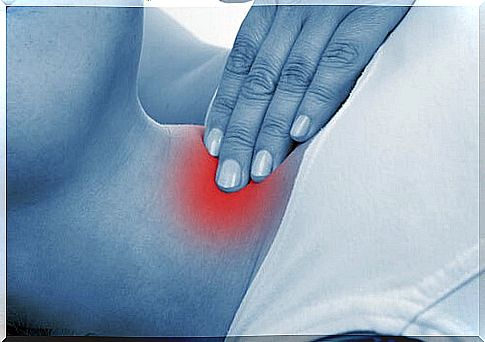
Hashimoto’s Disease
Although the cause of this disease is not yet known, it is thought that the disease is hereditary.
The disease is naturally an autoimmune disease, which means that the body produces cells (antibodies) that attack the natural cells of its own thyroid gland. As a result, the thyroid gland is slowly damaged and hormone production decreases. Eventually, hypothyroidism develops.
Symptoms of hypothyroidism may include:
- Hypersensitivity to cold
- Feeling heavy or tired
- Pale and dry skin
- Brittle nails and hair
- Unexplained weight gain
- heavy menstruation
How can Hashimoto’s disease be treated
Because there is no cure for this disease, its treatment is aimed at alleviating the symptoms and supporting the immune system.
- It is important to know that 70% of our immune system is located in the gut. It is therefore important to keep the intestinal flora in good condition. The healthier the intestinal flora, the more successful the fight against this autoimmune disease. Taking probiotics can help improve gut flora and prevent candidiasis, a condition that can further weaken the immune system.
- A gluten-free diet has been proven to reduce autoantibodies to normal levels in some people. So it can be helpful to avoid wheat, barley and rye.
- When there are an increased number of autoantibodies in the body, it is important to avoid iodine or in any case do not consume more than 1000 mg of iodine per day.
- Vitamin D helps regulate the immune system, so spend some time in the sun regularly.
- Try to reduce or avoid stress. Stress releases cortisol in the body, which hinders the activation of thyroid hormones.
- Some conditions, such as an overloaded liver, hypoglycemia, insulin resistance, etc., cause more cortisol to be stored in the body. It is therefore important to prevent these disorders.
- Detoxing the body and getting rid of toxins such as pesticides, solvents, chemicals or heavy metals as much as possible can be helpful.
- Selenium helps the body reduce the number of antibodies that work against the thyroid gland and promotes the conversion of T4 (reserve hormone) to T3 (active hormone). Selenium has an important role in the functioning of the thyroid gland and protects the gland from nodules and cancer.
- If you have an iron, vitamin B12, or folic acid deficiency, try to restore it and try to provide your body with enough vitamins B2, B3, B6 and vitamin A.
- Finally, make sure you get plenty of exercise, but look for a light form of exercise that doesn’t require too much effort. Also get enough sleep.
Subacute Granulomatous Thyroiditis
This type of thyroid inflammation is most likely caused by a virus and often starts with neck pain. Then symptoms suggestive of hyperthyroidism develop and can last up to 3 months. In most cases progress is noticeable after this, but in 20% of patients the subacute form of thyroid inflammation can lead to permanent hyperthyroidism.
We speak of hyperthyroidism when the thyroid gland produces too many hormones. Symptoms of hyperthyroidism may include:
- Heat intolerance
- Tiredness, a weak feeling and a reduced ability to concentrate
- Increased appetite
- weight loss
- Diarrhea
- Restlessness, Anxiety, Nervousness
- Excessive sweating
- Goiter (an inflamed thyroid that is clearly visible)
To counteract these symptoms at an early stage, it is recommended to drink an infusion of green tea and lemon balm. Drink this infusion twice a day. The antioxidant properties contained in the tea can reduce thyroid hyperactivity.
Postpartum-thyreo ï Ditis
For up to six months after pregnancy, certain antibodies that attack the thyroid gland may remain in the body in some women. This allows these women to develop both hypothyroidism and hyperthyroidism.
silent thyroiditis
This form of thyroid inflammation resembles postpartum thyroiditis in symptoms, but it can affect both women and men and its cause is still unknown.
Drug-induced thyroiditis
With some drugs such as lithium, amiodarone, interferons or cytokines, inflammation of the thyroid gland can occur as a side effect. Both hypo- and hyperthyroidism can occur. The inflammation will only go away if you stop taking the medicines.
Radiation-induced thyroiditis
This type of thyroid inflammation occurs in cancer patients treated with radiotherapy in the neck. Hyperthyroidism develops.
Acute thyroiditis
Acute thyroiditis is caused by a bacterial infection. The symptoms can be painful, but they don’t have to be. In general, the person does not feel well because of the infection. Once the infection is treated, the symptoms usually disappear.
Acupuncture and Thyroid Inflammation
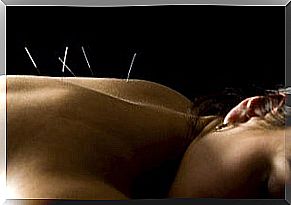
Thyroid inflammation can also be treated through acupuncture. Acupuncture is an alternative medicine, deeply rooted in Asian culture, where thin needles are inserted into specific areas of the body to stimulate the nerves associated with that spot.
Acupuncture can be used to balance the metabolism and this ensures that the thyroid gland is directed to function properly.
Acupuncture has a relaxing effect, stimulating brain activity and hormone production, and relieves the symptoms of hypo- and hyperthyroidism.
